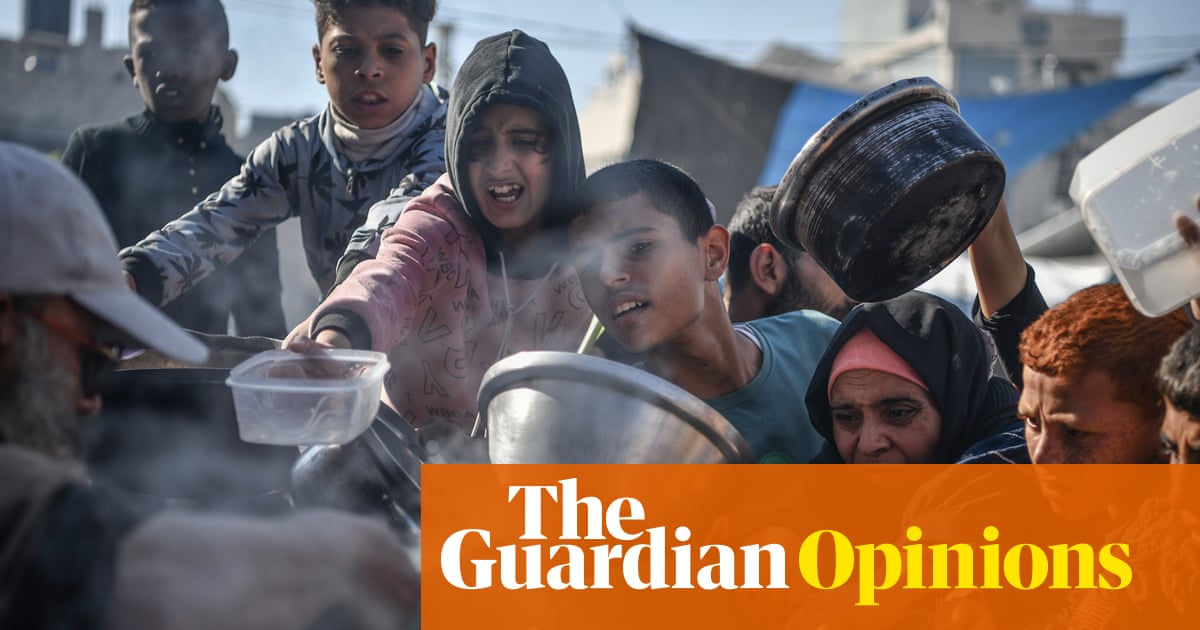
Frontex ‘should uphold EU and international law and our shared commitment to humanity and the protection of life’
More than 30,500 people have died or gone missing crossing to Europe by sea in past decade
LONDON: The EU’s coast guard agency, Frontex, should use its reconnaissance capabilities to help rescue refugee vessels in the Mediterranean, Human Rights Watch said on Thursday.
HRW launched a new campaign, #WithHumanity, calling on Frontex to help save the lives of thousands of people making the perilous journey to Europe.
Over the past decade, more than 30,500 people have died or gone missing in the Mediterranean, and this year at least 1,600 have been recorded dead or missing alone.
Judith Sunderland, HRW’s associate Europe and Central Asia director, said: “Frontex planes and drones should use their eyes on the Mediterranean Sea to save lives. With thousands dying in the Mediterranean every year, it’s vital for Frontex to do all it can to help ensure that people on unseaworthy boats are rescued and brought to safety.”
Coordination issues between Frontex, national coast guards in Europe and NGOs must be resolved, HRW said.
“By focusing on the aspirations of people taking these dangerous journeys, we hope that people across Europe will join us in urging Frontex to prioritize saving lives at sea,” Sunderland said.
“Europe’s coast guard should uphold EU and international law and our shared commitment to humanity and the protection of life.”
As it stands, when Frontex staff sight refugee vessels in the Mediterranean using aircraft, it informs rescue centers in EU member states as well as Libya and Tunisia.
But nearby NGO rescue ships are often left out of the communication loop, as are nearby vessels, which HRW said should receive emergency alerts.
In many cases, Libyan and Tunisian forces have received alerts and interdicted the refugee vessels, returning passengers to countries where they “face serious human rights abuses.”
A 2022 report by HRW found that Frontex’s decisions make the agency complicit in abusive and indefinite arbitrary detention practices in Libya.
Last month, 11 people rescued from Libya on the Medecins Sans Frontieres ship Geo Barents were interviewed by HRW.
All had suffered abuse — including claims of sexual violence, forced labor and physical assault — while in Libyan detention centers or smuggler captivity.
The Pylos shipwreck in 2023 “demonstrated the fatal consequences” of failing to respond appropriately to refugee vessels, HRW said.
More than 600 people died after the severely overcrowded ship capsized in Greece’s search-and-rescue region.
Frontex informed coastal authorities but failed to issue an emergency alert to nearby ships on the basis that there was no “imminent risk of loss of life.”
NGO rescue staff told HRW that Frontex coordination can prove crucial to saving the lives of refugees.
Last October, Geo Barents performed a nighttime rescue, saving 64 people including women and children, after receiving the coordinates of an overcrowded raft in the Mediterranean.
Fulvia Conte, MSF’s search-and-rescue team leader, said: “To have precise coordinates, taken from the sky, with a thermal camera, of course it helps when searching for a boat.”
Frontex must ensure that the locations of vessels in distress are automatically transmitted to NGO rescue ships in the vicinity, HRW said.
“Through the #WithHumanity campaign, Human Rights Watch is asking the public to take a closer look at the lives and rights at risk in the Mediterranean Sea and their shared humanity with those making the crossing, and to demand action by the responsible authorities,” the organization added.












